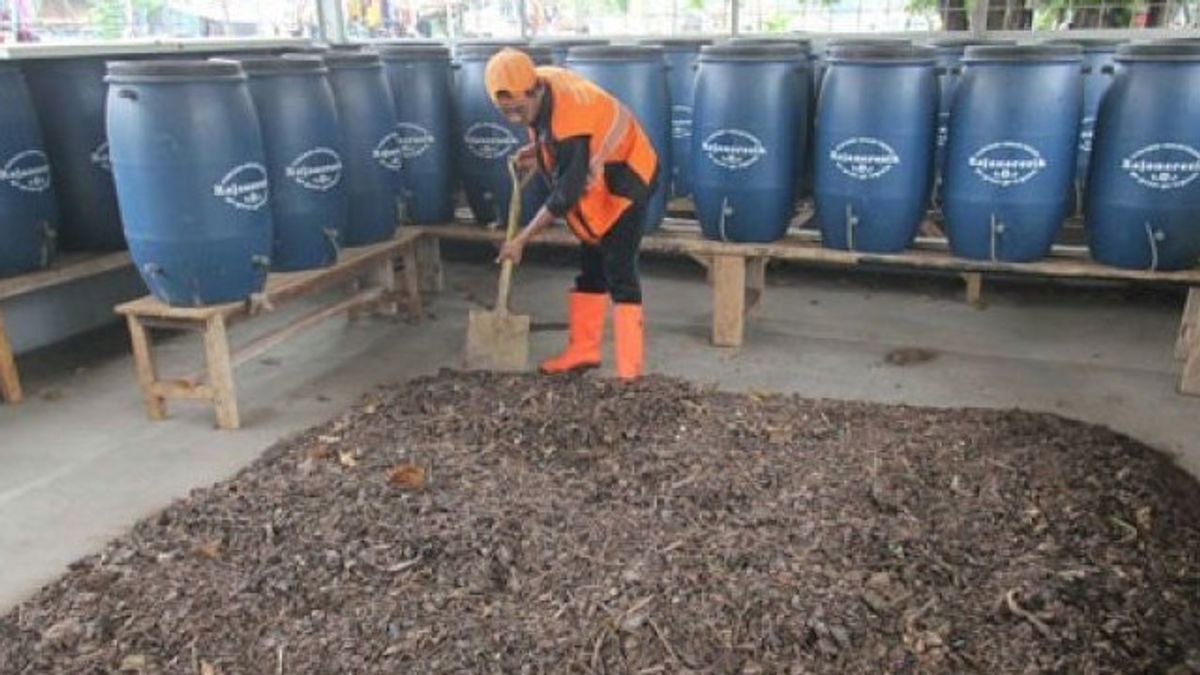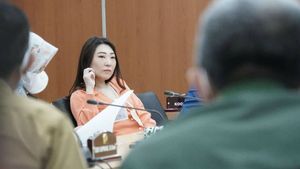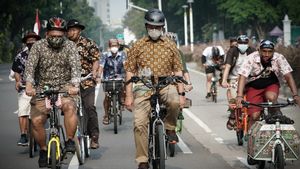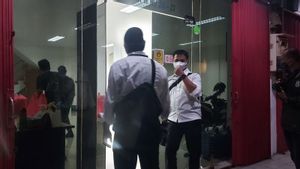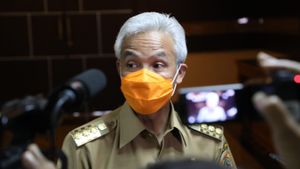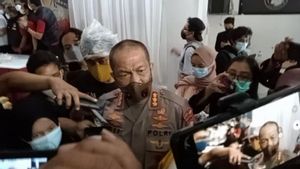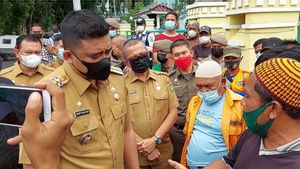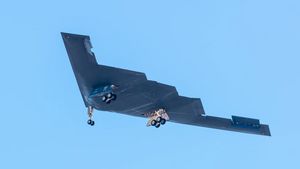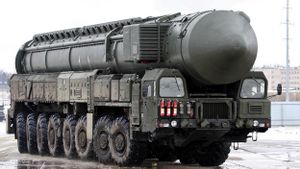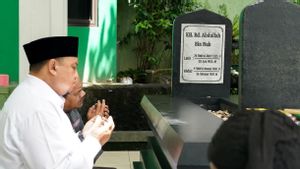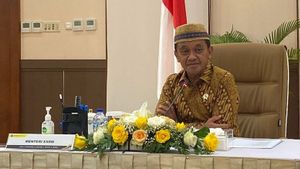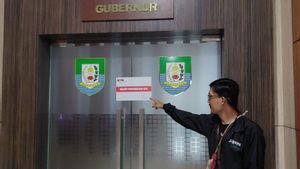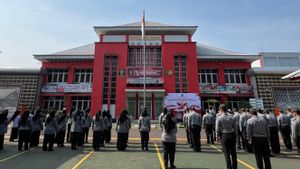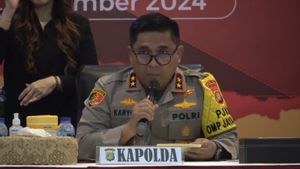JAKARTA – A total of 3 tons of waste is processed by the Public Infrastructure and Facilities Handling Officer (PPSU) in Pal Merah District, West Jakarta, into 400 kilograms of compost.
"So, we use this waste to be processed into compost," explained Rupansah, PPSU officer at Kota Bambu Selatan Urban Village, at the waste processing site, Wednesday, October 20.
The waste processing was carried out at the Textile Museum in the Kota Bambu Selatan Urban Village area, Pal Merah, West Jakarta.
According to Rupansah, his party has been doing this waste recycling activity since the last few months.
This is done in order to reduce the volume of waste that will be sent to the Bantargebang integrated waste processing site (TPST).
Every month, Rupansah said, his party receive three tons of waste consisting of dry and wet organic types.
What is meant by dry organics is the dry leaves commonly found in roadside gardens. While the wet organic consists of leftover vegetables to rice.
SEE ALSO:
The waste will later go through a process of enumeration, stockpiling until it is mixed with fermented liquid until it becomes fertilizer.
"The process runs for 25 days. After 25 days, it can be used as fertilizer," said Rupansa.
Later, the 400 kilograms of compost fertilizer will be used for the benefit of city parks in the urban village area. Not infrequently there are also residents who want to buy the fertilizer.
"Usually it is sold to residents per sack, without setting a high price of around IDR 10.000 per sack," he said.
He added, through this activity, it is hoped that the government can reduce waste production and can use recycled products to the maximum.
The English, Chinese, Japanese, Arabic, and French versions are automatically generated by the AI. So there may still be inaccuracies in translating, please always see Indonesian as our main language. (system supported by DigitalSiber.id)
